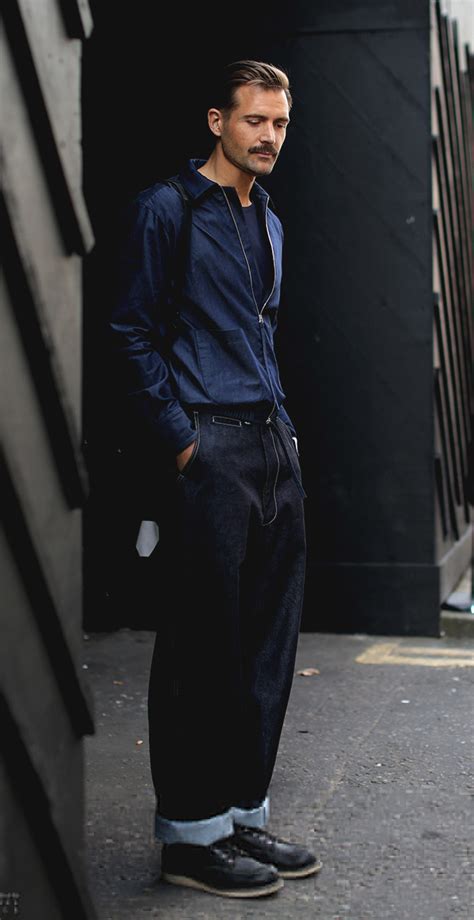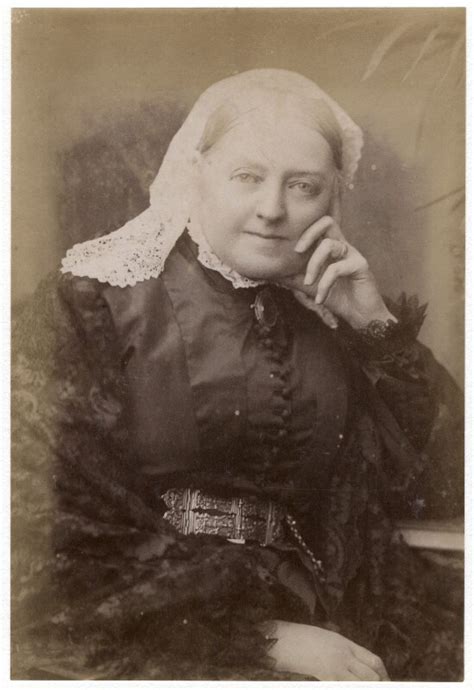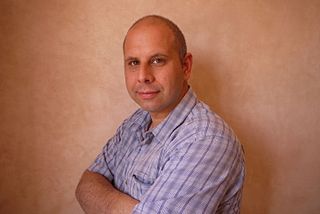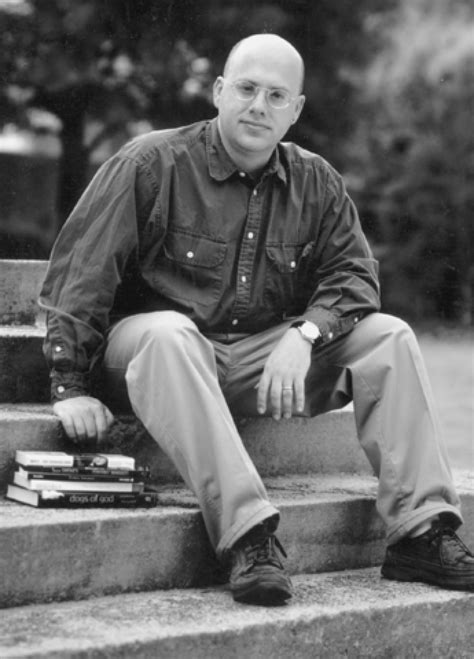A Quote by Joseph Addison
Authors have established it as a kind of rule, that a man ought to be dull sometimes; as the most severe reader makes allowances for many rests and nodding-places in a voluminous writer.
Related Quotes
It's great that there are so many different kinds of books for kids and adults to choose from. I think an eclectic reader is the best kind of reader to be, which would be why I was always so satisfied to hear that kids read the Baby-Sitters Club books and then went on and discovered other authors and other genres.
If a writer of prose knows enough about what he is writing about he may omit things that he knows and the reader, if the writer is writing truly enough, will have a feeling of those things as strongly as though the writer had stated them. The dignity of movement of an iceberg is due to only one-eighth of it being above water. A writer who omits things because he does not know them only makes hollow places in his writing.






































